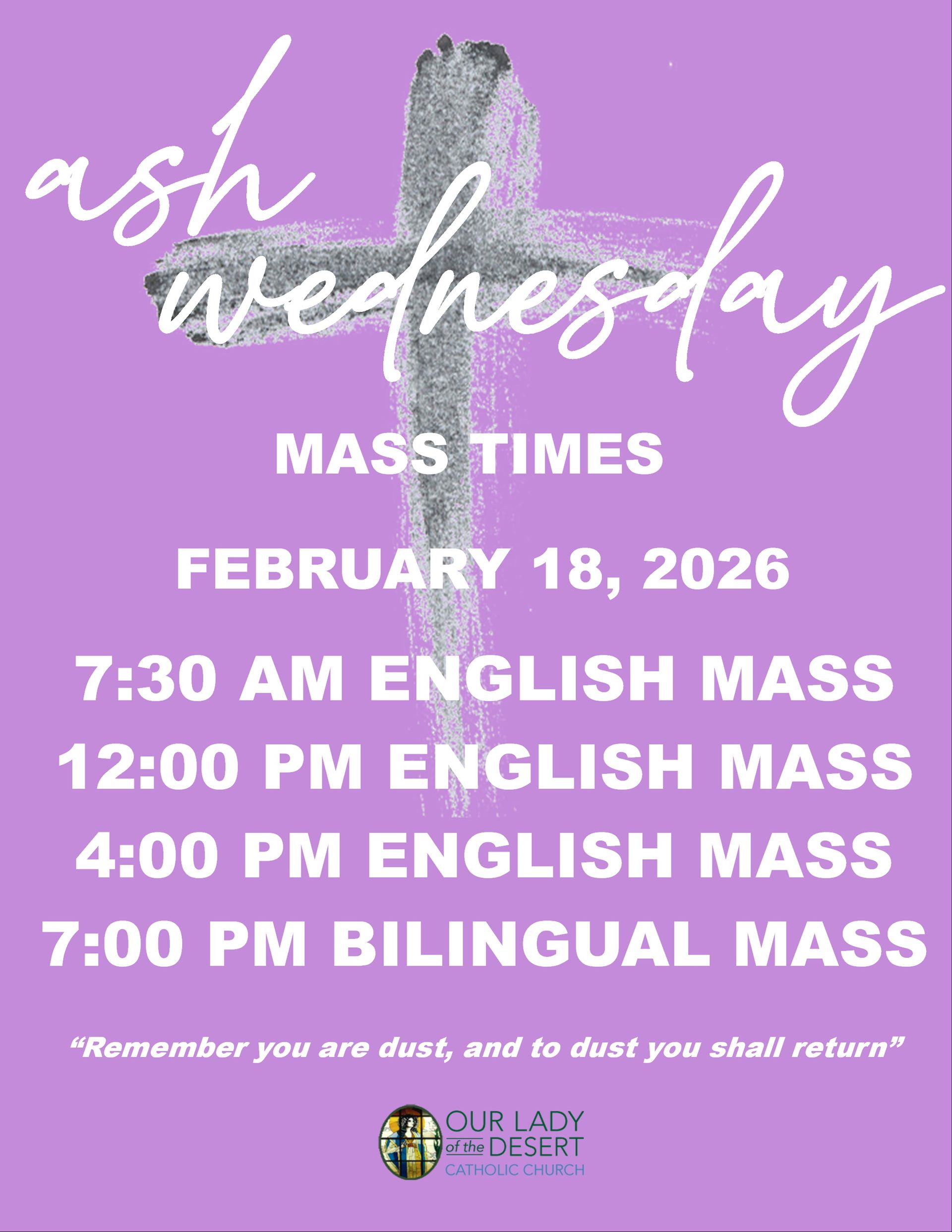Work is intrinsic to Catholic stewardship
“Work is a fundamental aspect of the human vocation. It is necessary for human happiness and fulfillment. It is intrinsic to responsible stewardship of the world.”
—Stewardship: A Disciple’s Response
U.S. Catholic bishops’ pastoral letter on stewardship
When you meet somebody new, do you find yourself immediately asking, “What do you do for a living?” Jesus Christ worked as a carpenter. The “king of kings” and “lord of lords” may have had a callus or two on His holy hands. We are called to respect the dignity of workers, regardless of title, status or income. Work — whether vocation or a vocation — dignifies the human person. God gave each of us the gift of life and talents to bear for the Kingdom. We are obliged to contribute to the common good, whether we work for a paycheck, within the home or as a volunteer. Ideally, we must discern work that holds meaning for us. And we cannot confuse making a living with being alive.
“Lord Jesus Christ, bless the work of our human hands.” Amen.
Do you balance work and recreation? Does your job allow you to apply your God-given gifts and talents? Are you enthused about your work in the world? If not, check out the book “This Time I Dance:Trusting the Journey of Creating the Work You Love,” by Tama J. Kieves (J.P. Tarcher, 2003).
This article comes to you from Grace In Action ( Our Sunday Visitor ) courtesy of your parish or diocese.







